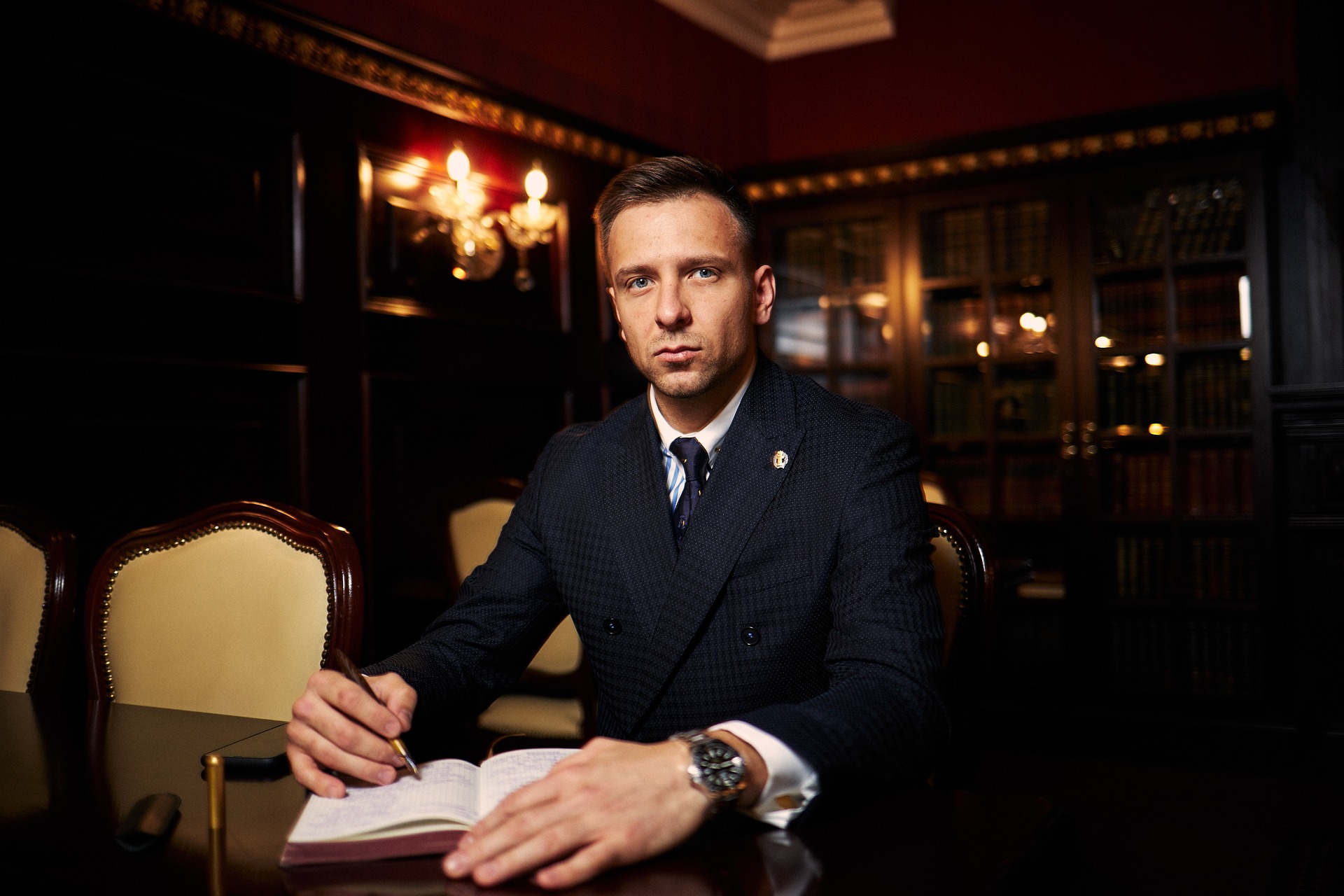Analyzing the Shift in Patent Laws in the Era of Artificial Intelligence
Introduction: Dive into an exploration of how artificial intelligence (AI) has brought about significant shifts in patent laws worldwide. This article will provide an in-depth analysis of the history of patent laws, the transformative impact of AI, and what these changes mean for society.

From Inventions to Innovations: A Brief History of Patent Laws
The roots of patent laws date back to the Greek city of Sybaris, around 500 BC, where cooks could obtain a year-long monopoly for creating a unique dish. Since then, patent systems have evolved globally to protect inventors and promote innovation. By the 19th century, countries like the United States and England had robust patent systems in place, offering inventors exclusive rights to their creations for a certain period.
The Age of Artificial Intelligence: A Legal Disruption
The advent of AI has disrupted the traditional legal frameworks of patent laws. With AI systems capable of generating inventions autonomously, the question arises—can a non-human entity be granted a patent? This question has stimulated policy discussions and legal debates worldwide.
The DABUS Dilemma: AI as an Inventor
An AI system named DABUS, created by Dr. Stephen Thaler, was at the center of a landmark legal case. DABUS autonomously created two inventions—a warning light and a beverage container. When Dr. Thaler filed for patents, he named DABUS as the inventor, marking a departure from traditional practice. This case has sparked debate over the interpretation and application of patent laws.
The Legal Stand on AI and Patents: Global Perspectives
In the wake of the DABUS case, patent offices worldwide have grappled with the concept of AI as an inventor. The United States, United Kingdom, and European Patent Office all denied the DABUS applications, stating that inventors must be natural persons. However, in a surprising twist, South Africa and Australia have awarded patents with DABUS as the inventor. These conflicting decisions underline the complex legal challenges that AI poses to the patent system.
Reimagining Patent Laws: Implications and Future Directions
The emergence of AI as a potential inventor is forcing the reconsideration of the foundations of patent laws. Recognizing AI as an inventor could encourage innovation and spur investment in AI research. However, it also raises concerns about accountability, enforcement, and the potential for misuse. As AI continues to evolve, legal systems worldwide must strive to balance these considerations and adapt patent laws to this new technological reality.
The advent of AI has undoubtedly disrupted patent laws and stimulated legal and policy debates worldwide. As we navigate this uncharted territory, it’s clear that the intersection of AI and patent laws will continue to be a dynamic and fascinating area to watch.




